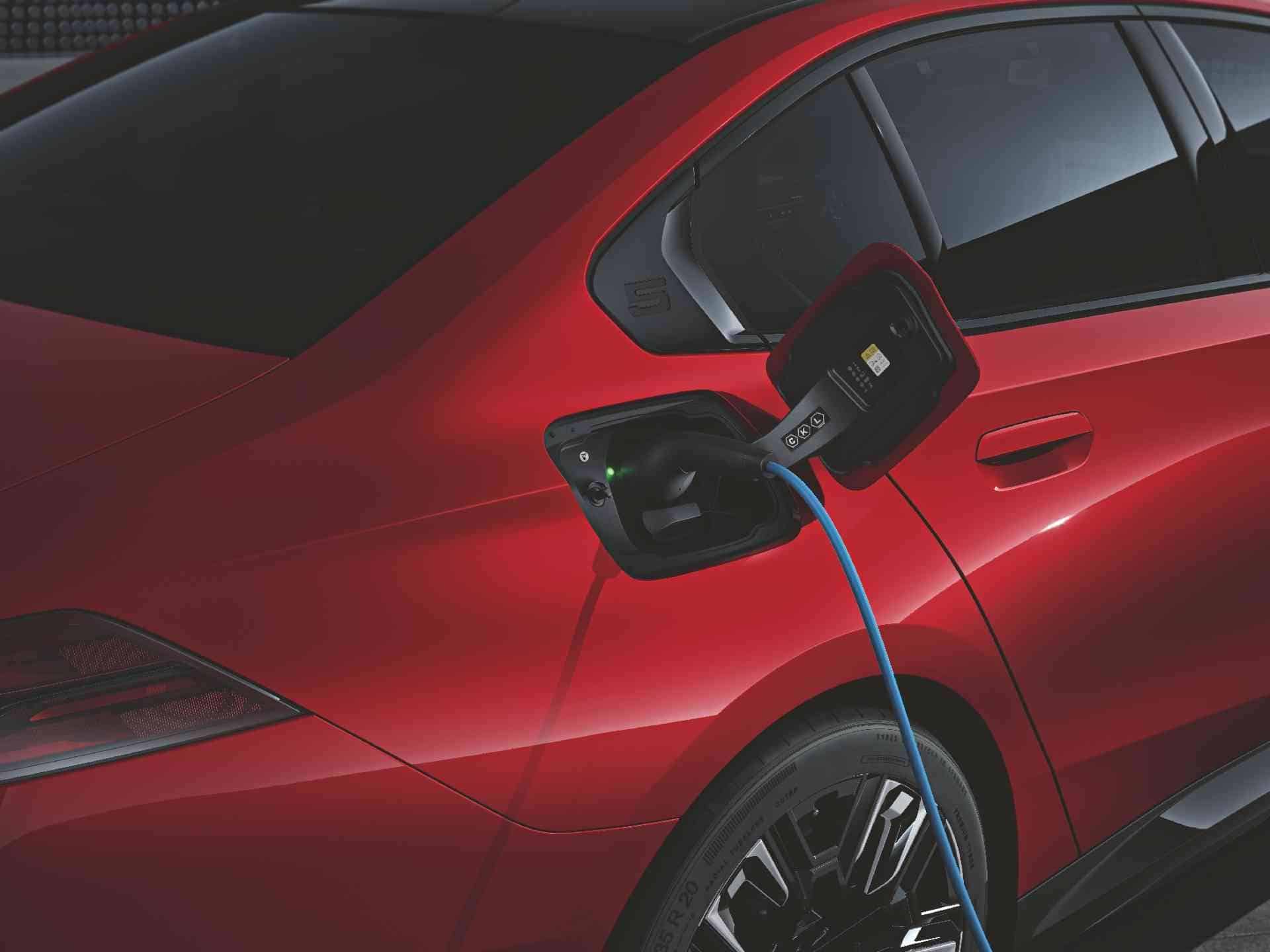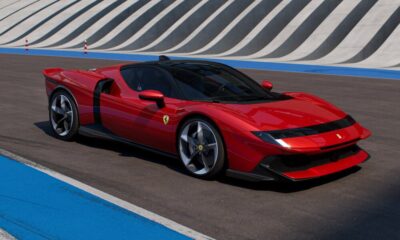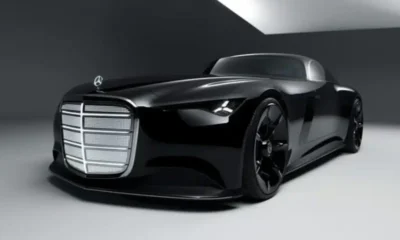Cars
The Shocking Impact of BMW’s Decision to Halt Electric Car Production: Uncovering the Consequences

The Impact of BMW Going Gasoline-Only: A Hypothetical Scenario
When scrolling through comments on BMW posts, a common sentiment emerges: some enthusiasts prefer gasoline cars over electric vehicles. But what if BMW decided to exclusively produce gasoline cars starting tomorrow? Let’s delve into the potential consequences of such a decision.
1. Regulatory Challenges
Before considering market forces, BMW would face legal barriers. With Europe aiming to ban new ICE car sales by 2035, China enforcing stringent electric vehicle quotas, and the U.S. imposing stricter emissions limits, BMW would encounter fines and sales restrictions. Operating without EVs or hybrids could lead to exclusion from key markets, jeopardizing the brand’s presence.
2. Customer Base Erosion
A significant portion of BMW’s growth stems from EVs. Discontinuing electric offerings could alienate customers seeking both performance and sustainability. The shift towards electric vehicles is a global trend that BMW would miss out on, potentially leading to a decline in market share and appeal to a younger demographic.
3. Brand Perception Shift
BMW’s reputation as an innovator would be at risk if it abandoned EVs. Embracing new technologies has been a hallmark of the brand, and reverting to gasoline-only vehicles could portray BMW as outdated and resistant to change. In a tech-driven market, perception is crucial for maintaining competitiveness.
4. Technological Stagnation
Neue Klasse represents BMW’s foray into advanced dynamics and intelligence through electric propulsion. By shunning EVs, BMW would forfeit opportunities for technological advancement, hindering its ability to redefine driving experiences. Falling behind competitors in technical innovation could impede long-term growth and relevance.
5. Supply Chain Disruption
Global investments in electric drivetrains and batteries are reshaping the automotive industry. Opting out of EV production would isolate BMW from shared technologies, increase costs, and limit access to critical components. This divergence from industry trends could strain profitability and supply chain efficiency.
6. Market Share Decline
EVs are gaining traction globally, outpacing traditional combustion vehicles in several markets. BMW’s absence in the EV segment could result in a loss of market share to competitors and hinder its position as a premium automotive leader. Failing to adapt to evolving market demands may lead to a diminished presence in key regions.
7. Corporate Backlash and ESG Concerns
Rejecting electrification could trigger backlash from environmentally conscious investors and regulatory bodies focused on sustainability. BMW’s credibility as a forward-thinking company would be undermined, potentially affecting financial performance and partnerships. Aligning with industry ESG standards is vital for long-term viability.
8. Missed Innovation Opportunities
Delaying EV adoption could place BMW at a disadvantage in future technological advancements. As competitors forge ahead in battery technology and software integration, BMW’s catch-up efforts would be costly and challenging. Embracing innovation now is essential to avoid falling behind in the rapidly evolving automotive landscape.
9. Ignoring Future Generations
Youthful consumers view sustainability and innovation as integral to brand appeal. BMW’s failure to engage with emerging trends could alienate future buyers seeking eco-friendly and connected driving experiences. To remain relevant, BMW must adapt to evolving consumer preferences and technological shifts.
10. Preserving BMW’s Legacy
BMW’s heritage is rooted in engineering excellence and progressive thinking. Embracing EVs aligns with the brand’s legacy of innovation and adaptability. Balancing traditional values with modern advancements is key to preserving BMW’s identity and securing its place in the automotive landscape.
In conclusion, maintaining a diverse product portfolio that includes both combustion and electric vehicles is essential for BMW’s continued success. By embracing innovation and sustainability, BMW can honor its heritage while driving towards a progressive future. Disregarding EVs would not uphold tradition but rather jeopardize BMW’s relevance and growth prospects.
-

 Video Games2 days ago
Video Games2 days agoGoku Takes on the Dragon Ball FighterZ Arena
-

 Video Games3 days ago
Video Games3 days agoTekken 8: Rise of the Shadows
-

 Amazon3 days ago
Amazon3 days agoNeil Young Takes a Stand: Pulling Music from Amazon in Protest of Jeff Bezos’ Support for Trump
-

 Cars1 day ago
Cars1 day agoRevving into the Future: Ferrari’s Plan to Unleash 20 New Models, Including Electric Vehicles, by 2030
-

 Tech News3 days ago
Tech News3 days agoSamsung Galaxy UI 8: Embracing the Big Free AI Upgrade
-

 Microsoft1 day ago
Microsoft1 day agoMicrosoft Integrates Anthropic’s Claude AI Models into 365 Copilot: A Deepening Relationship with OpenAI
-

 Security3 days ago
Security3 days agoCritical Vulnerability Exposed: Oracle EBS Targeted in Recent Cyber Attacks by Cl0p Hackers
-

 Microsoft3 days ago
Microsoft3 days agoEnhanced Copilot Features: Creating Office Documents and Gmail Integration





























